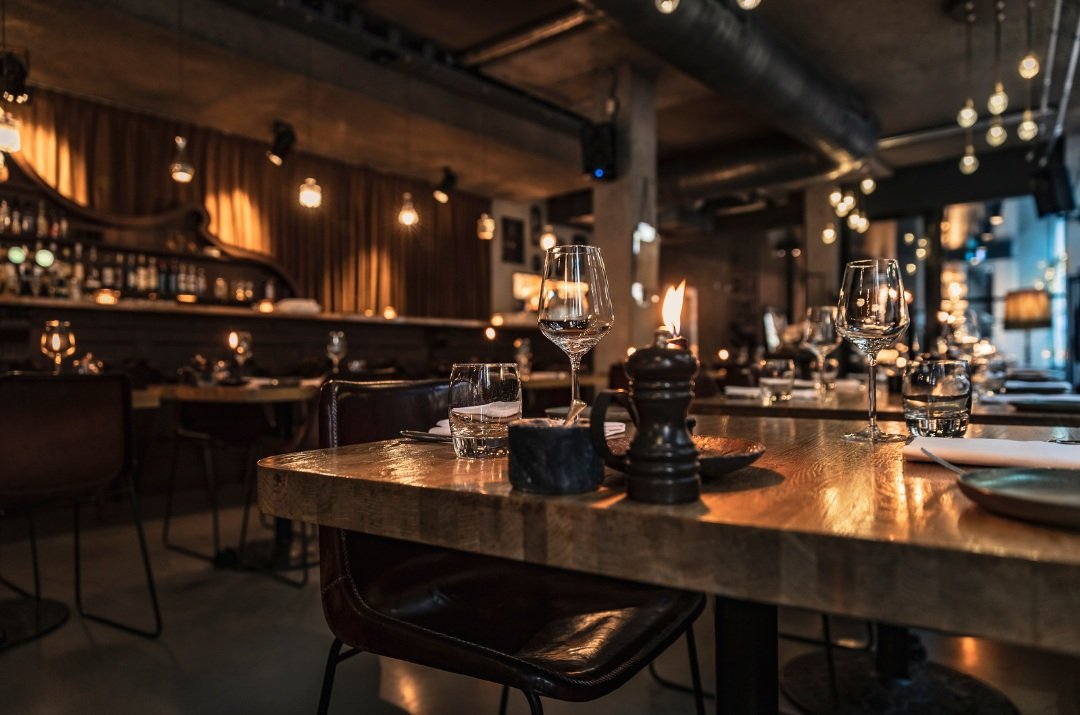DINING ETIQUETTE: RESPECTFUL COMMUNICATION
Food establishments such as restaurants, cafes and food trucks rely on the support of their customers to grow and keep their businesses open. Customers visit these places for special occasions with their loved ones, or as regulars having a meal at the end of the day or week. Part of what keeps customers returning to a food establishment, outside of the food they offer, is the service that comes along with it. If a customer has a positive experience with the service offered in one place, they are likely to go back. If not, they are less likely to return, except for compelling reasons that would bring them back.
These places are run by humans, which means that sometimes mistakes happen and we are bound to have an experience outside of the ordinary. Our go-to dish might not live up to our usual expectations, or our favourite server might be having an off day and be less cheerful. Such a one-off negative experience should not be the reason we turn our backs on the establishment. Instead, we can use these opportunities to remain loyal and respectfully address these issues to prevent them from coming up again.
By practising respectful communication, we can easily resolve issues without negatively affecting the relationship between both parties involved. Consider the following scenarios:
A meal you regularly enjoy is different from what you expected.
When this happens, you can request that this be rectified so you get what you have come to expect. Imagine, for example, that a hot bowl of soup you regularly order comes to your table tepid. You can discreetly draw your server’s attention to this and say something along the lines of, “Excuse me, I am feeling rather cold today and I was looking forward to warming myself up with a bowl of hot soup”, or you can be more explicit and say, “Excuse me, the soup today seems to be rather cooler than the usual warming recipe I have come to enjoy here.” More likely than not, the server will get the message and offer you another bowl at the perfect temperature for you.
2. You find a foreign object in your food.
Finding a foreign object in our food can be off-putting, yet we can still address this unfortunate situation respectfully, give the establishment the benefit of the doubt and recognise it as an uncommon mistake. Just as with the meal scenario, we can raise awareness of this and request an untarnished plate of food to replace the dish with the foreign object in it.
3. Your seating arrangement does not suit your party.
Different establishments have varying norms of interactions between their patrons. Food trucks tend to be outside and patrons can find crowded or sparse areas to suit their comforts. Bars host crowds that socialise more jovially and may speak with raised voices to hear each other. Some restaurants typically have quieter crowds who are seeking to share a peaceful meal with their loved ones, with lowered tones. If you find, for example, that you are in a restaurant and the party next to yours is making it difficult for you and your guests to carry on a fruitful conversation, you can request to be moved by saying, “Excuse me. My older parents are finding it hard to hear the conversation over the birthday celebration to our left. Would you have a quieter spot that might work for us?”. If there is an opening, the staff will most likely be accommodating to you.
Discreetly communicating with servers at food establishments without creating a scene makes all the difference. When we understand that these establishments are around to lessen our burden when we are not up to preparing a meal for ourselves, and also available for us to entertain our family and friends with little to no hassle on our part, we will view them differently and have a deeper appreciation for their services.
Respectful communication shows an appreciation for those who work diligently to provide us with a positive experience when we eat outside of our homes. The verbal, tone and body language we employ make all the difference in our communication. This creates a positive experience for everyone in which good service is recognised, crises are quietly resolved, and further requests can be granted as appropriate.
Let us be respectful in our communication as we enjoy a meal outside of our homes to maintain a positive culture within the dining industry.
Happy dining!





